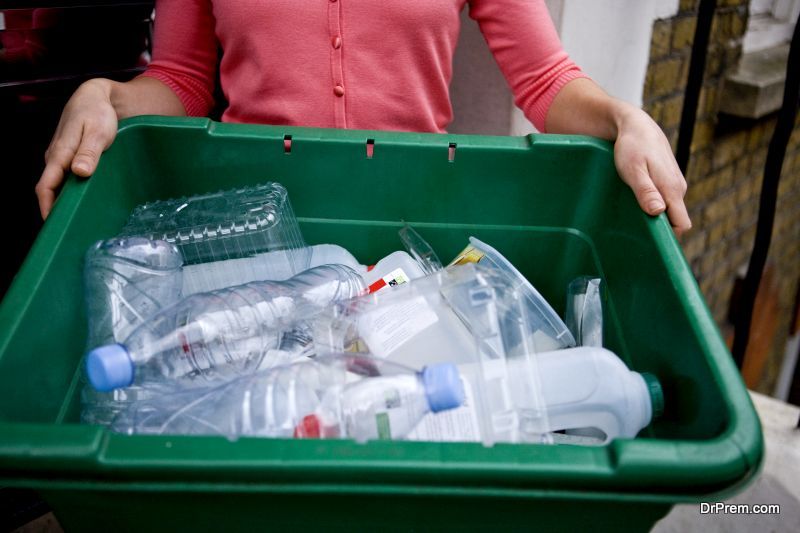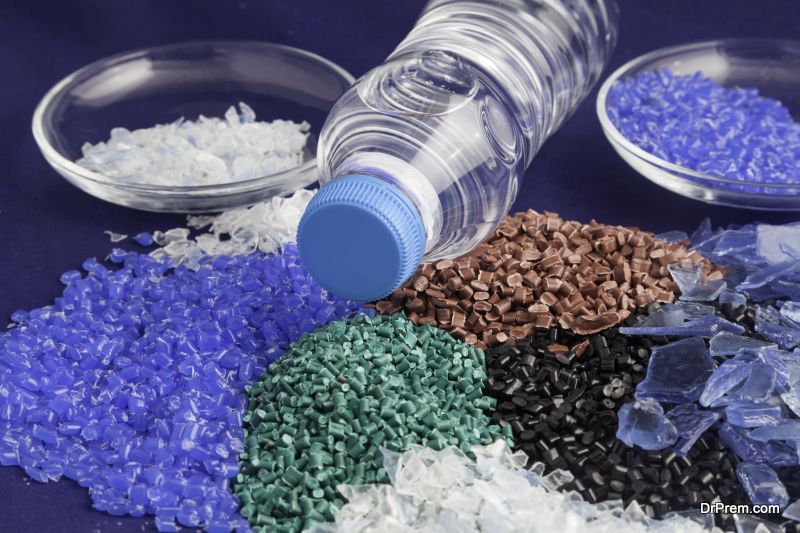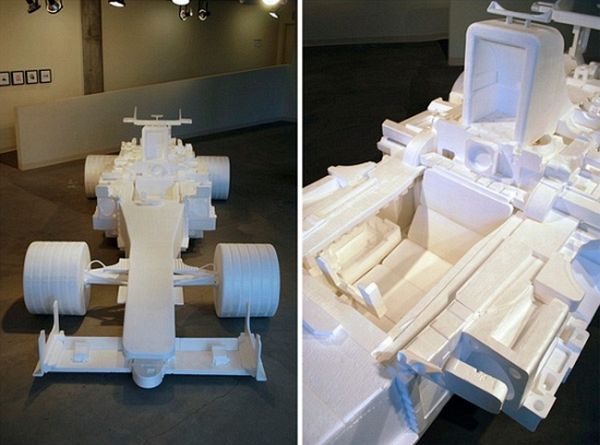Plastic recycling is major problem for sustainability researchers and activists. They understand its usage in the daily world but the sheer amount of plastic waste- even after recycling is staggering and a cause of concern for both animals and humans. Plastic dumps near populations cause sanitation issues and even health hazards. In addition, the damage done to the ecological system of the Oceans is frightening. Massive patches of floating trash and debris- plastic foils and industrial waste twirl around in the middle of the Oceans, leaving massive damage to the Ocean wildlife in their wake.
A question being asked is “Has technology evolved enough to save us from our own wastes”? Tech innovation and progress in the last few decades has been immense and has indirectly affected every industry there is on the planet. On a larger scale everything from healthcare sector to the vast economic organizations of banks and transport industries have seen a more rational, swifter or cheaper way of getting things done, thanks to the evolution of tech industries like 3D printing, Virtual reality and Nanotechnology. So what is the exact picture?
Advantages from tech
 In order to understand plastic recycling and the entire process behind it, one needs to consider the logistics first. Most garbage and plastic pickup trucks for example work in batches, or fleets. Everything from driverless trucks to managing the fleets by using cloud applications can benefit the organization.
In order to understand plastic recycling and the entire process behind it, one needs to consider the logistics first. Most garbage and plastic pickup trucks for example work in batches, or fleets. Everything from driverless trucks to managing the fleets by using cloud applications can benefit the organization.
Software can route a pathway that computer programmed trucks will follow, much like an industrial line. They will benefit both the organization and the environment as a whole. With the advent of eco friendly lithium ion batteries, carbon based fuels can simply be discarded. In the automobile industry, we are already seeing hybrid cars for consumers and it won’t be long before heavy vehicle industries decide to use green energy. The cost of waste disposal is immense and only under much efficient and energy saving methods they can be reduced drastically.
Data summarizing
Another factor to consider is that the amount of data required to keep track of the waste disposal industry is huge and one way high tech can assist the industry is by allowing software that plan and monitor such processes. This is an area where the waste industry in general and the plastic disposal in particular can take note from the airline industry. High end data services are employed by airlines to manage the passenger demands right from booking to boarding the plane. Cloud based solutions are being scouted by the waste industry as they realize that to manage such organizations effectively no compromise can be made.
The concerns of the Ocean
For all of the issues plastic poses on land, it is a far bigger concern on water, especially the Oceans where eventually all the toxic human waste is dumped. It isn’t simply the direct effect it has on the Ocean but plastic also has a tendency to completely dissolve. By the food chain analogy we are perhaps feeding on the same plastic we are discarding into the sea. Oceanographer and environmentalists have tried in vain to find a solution- the most applicable being the use of trawlers, but even this is far too cumbersome and slow.
However, robotics is another tech area that can come to the aid in this crisis. Great improvement in artificial intelligence has equipped robots to do the kind of dangerous, dirty work in the middle of the Oceans in ways humans are not capable of. The emergence of great prototypes like the Envirobot- that will resolve water pollution issues is just one example.
Future
 Sustainability issues are plaguing earth unlike never before. On the one hand, we are making great technological strides, but on the other hand, we are also creating wastes that are affecting the biodiversity. Many countries have already taken to tech to get answers: China is constructing a recycle plant for construction waste that will be completely robotic and so is Australia. Global Alert- a recently launched completely free app gives the power to the people who can take pictures of any trash or plastic waste dump and upload it onto the app. This is just one of the few reasons sorting out our plastic problem will require the involvement of sophisticated technology and innovation.
Sustainability issues are plaguing earth unlike never before. On the one hand, we are making great technological strides, but on the other hand, we are also creating wastes that are affecting the biodiversity. Many countries have already taken to tech to get answers: China is constructing a recycle plant for construction waste that will be completely robotic and so is Australia. Global Alert- a recently launched completely free app gives the power to the people who can take pictures of any trash or plastic waste dump and upload it onto the app. This is just one of the few reasons sorting out our plastic problem will require the involvement of sophisticated technology and innovation.




